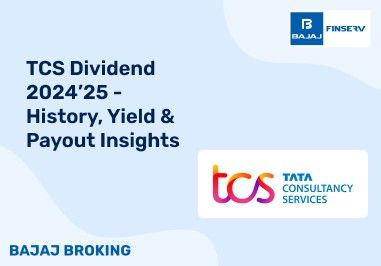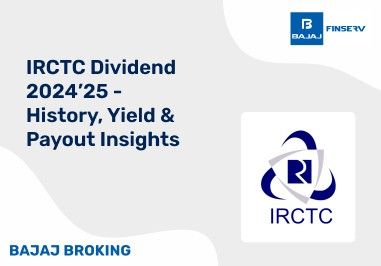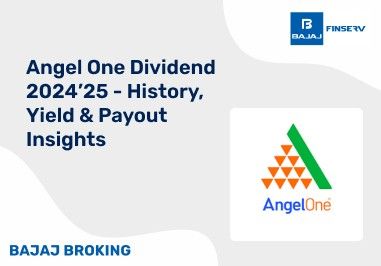The rights entitlement share price is the price at which shareholders can purchase additional shares during a rights issue. It is typically set lower than the current market price, offering investors a chance to increase their holdings at a discounted rate. This price allows shareholders to buy more shares without paying the full market price, providing an attractive opportunity, especially when the company’s stock is undervalued.
What Is a Bearer Share?
A bearer share represents a financial asset where ownership is based on the physical holding of the share certificate. Unlike registered shares, no personal details of the owner are kept in company records, enabling anonymous ownership. These shares can be transferred simply by handing over the certificate to a new owner.
Historical Background of Bearer Shares
Bearer shares originated in the early days of corporate finance to facilitate the easy transfer of ownership and ensure privacy. They became popular during the 19th and early 20th centuries, offering anonymity and quick transactions. However, due to concerns about misuse in illegal activities, many jurisdictions have imposed restrictions or banned them. This led to the decline in their use.
How Bearer Shares Work?
Bearer shares work by transferring ownership through physical possession of the share certificate. The individual holding the certificate is considered the rightful owner. The transfer process involves handing over the physical certificate to a new owner, allowing for anonymous transactions. As there is no official record of the owner, the transfer does not require formal registration. This method allows for flexibility, but also comes with risks, such as the loss or theft of the certificate, with no recourse for the rightful owner.
Example of Bearer Shares
In the case of bearer shares, an investor may purchase them in a private company, receiving a physical certificate that doesn’t list their name or any personal information. When selling or transferring these shares, the investor simply passes the certificate to the buyer, who then becomes the new owner. This process remains confidential, with no formal record of the ownership change.
Pros & Cons of Bearer Shares
Bearer shares offer a unique form of ownership and transferability that allows the holder of the certificate to be the rightful owner. These shares are not registered in the company's records, which ensures anonymity for the holder. The transfer process is simple, involving the physical exchange of the certificate, offering ease and privacy.
Pros:
Anonymity: No official record of ownership, ensuring privacy.
Transferability: Easy and quick transfer of shares through certificate handover.
Liquidity: High liquidity due to the ease of transferring shares.
Low Transaction Costs: No intermediaries or formal processes required.
Cons:
Risk of Theft: Loss of the certificate results in the loss of ownership.
Illicit Use: Susceptible to misuse for money laundering and tax evasion.
Legal Issues: Many jurisdictions have banned or heavily regulated bearer shares.
Bearer Shares vs. Registered Shares
Bearer shares and registered shares have key differences in how ownership is recorded and transferred. Bearer shares grant ownership through physical possession of the share certificate, enabling anonymous transfers. However, this lack of official documentation increases the potential for loss and legal complications. On the other hand, registered shares list the owner's information in the company’s records, ensuring secure dividend payments and greater transparency. While they are more secure, registered shares are less flexible and lack the privacy that bearer shares provide.
Bearer Shares vs. Bearer Bonds
Bearer shares and bearer bonds are both transferable by possession, but they differ in purpose. Bearer shares represent equity in a company, providing ownership rights such as dividends and voting privileges. In contrast, bearer bonds represent debt, offering interest payments and the return of principal upon maturity. Both instruments allow for anonymous transactions but involve different financial risks. Bearer shares give the holder ownership in the company, while bearer bonds involve lending, with the potential for fixed financial returns based on interest payments.
Feature
| Bearer Shares
| Bearer Bonds
|
Type
| Equity
| Debt
|
Ownership
| Company ownership
| Loan to company
|
Rights
| Dividends, Voting
| Interest Payments
|
Final Thoughts
Bearer shares provide anonymity and ease of transfer, but they also carry risks such as theft and misuse. Many jurisdictions have limited or outright banned them due to legal concerns. Consequently, registered shares are now more commonly used, offering better security, transparency, and regulatory compliance for both companies and investors.













